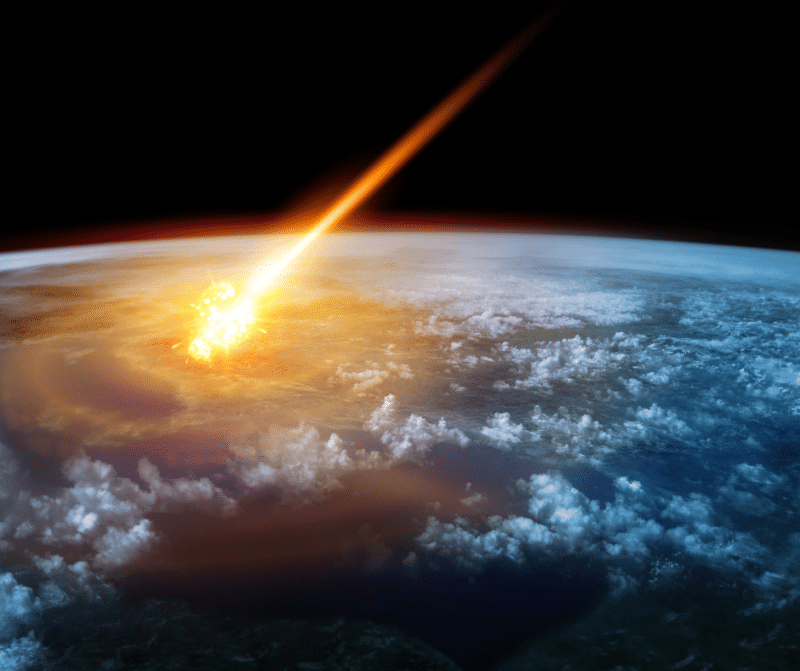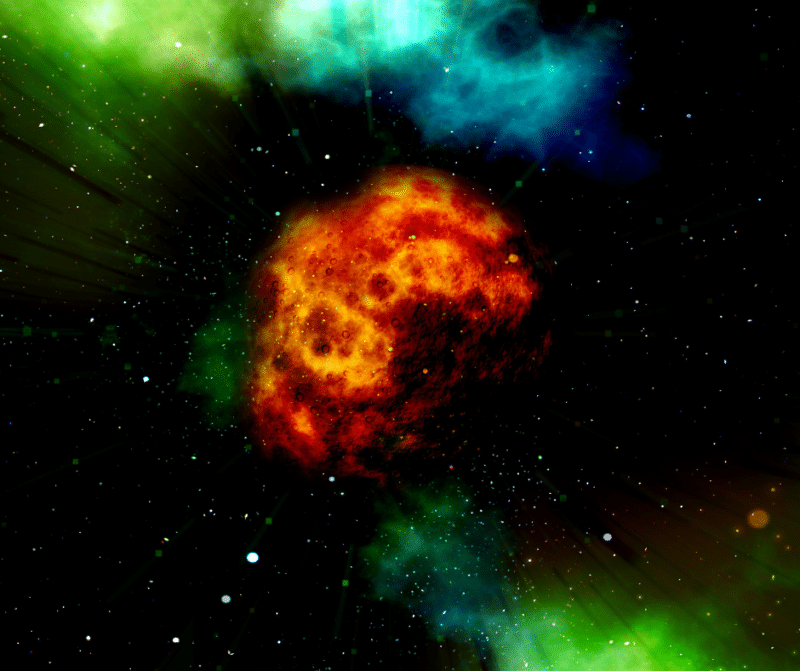We’ve all heard about asteroids, since they’re a fundamental part of how the Earth is the way it is and are often discussed in anything solar system related due to their commonality. But just hearing a few things about them or recognizing the word itself doesn’t mean much when you think further into what we actually know about these objects. Asteroids are quite interesting space matter, and have a lot to tell us if we want to learn more.
Here are some interesting facts about asteroids for either the already knowledgeable solar fans or newbies interested in the topic to delve into today.

Age is But a Number
Sure; our solar system is all varied in ages of objects and quite old. But asteroids, albeit small, are just as old as or even older than some of the planets out there. Asteroids are the term referring to the chunks of debris and rock that formed before colliding to form planets or that were leftover from the planet formations, which means many of these space objects are indeed ancient.
Pulling Each Other
Asteroids have been known to create their own amounts of gravity when larger in size, which has led to some interesting phenomenon out there. Scientists have observed some larger chunks to have their own debris rings that orbit the main asteroid from gravitational pull, and rarely but sometimes possible even sighted asteroids creating tails for themselves with other rocks.
Not Just Junk
Since these are what collided to create planets and in some cases planetary life and atmospheres, asteroids aren’t actually just made up of rock or debris like most people may think. They have massive amounts of minerals, water, ice, and metals inside them. Some have even had water trails from melted ice on their surfaces.
Variation
What is referred to as an asteroid out in space can have a lot of berth as far as appearance goes. These masses are quite varied in looks, size, contents, and gravitational pull, which can lead to a lot of differences in understanding or visual appearance. Asteroids can be up to 100 meters wide in some cases, and they’re never or rarely actual spheres like most planets appear to be.

This may not be the most in depth summary or reading on today’s learning focus that you can find, but it is helpful to give a bit of an introduction, refresher, or even slight expansion on the knowledge that most of you may have on asteroids. Space is a vast area of untapped potential, and while scientists are still learning we can all take some time out of our day to find something new to learn about what’s out there or refresh ourselves on the pieces we already know some of.
Hopefully learning something new or old about asteroids can give you some good food for thought today, and you can share with friends or family to loop them in on this fun reading topic!
